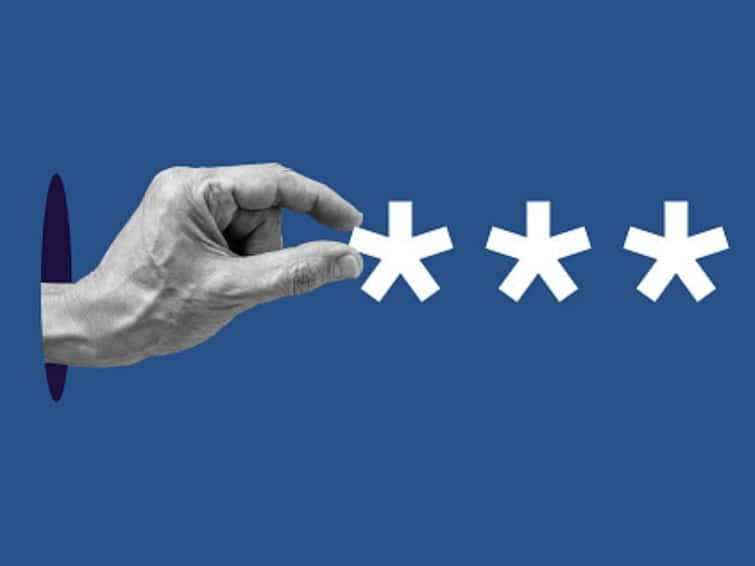Video games have been a fond element of nostalgia for many of us (remember collecting Pokemons?). With 2.96 billion titles estimated worldwide in 2021, gaming has invaded our lives for good, as the global headcount of gamers across PCs, consoles, tablets, and smartphones is predicted to reach 3.32 billion by 2024. Top that off with a market valuation of almost $300 billion, and it’s a no-brainer that the industry is helping shape entertainment and culture based on players’ preferences. In other words, it’s user data behind all the success.
Is it safe to share data access with any and every game we download or play online? The answer is a big ‘NO’. Behind all that fun, we often risk our data with games equipped to collect data and record our activities. This often leads to data leaks without our knowledge and consent. Fortunately, technological advancement has also empowered progressive brands to refurbish and enhance security systems, helping regain customer trust over time. Yet, it’s a tricky world out in the online realm. So, let’s understand user privacy in greater detail.
Why do gaming brands need personal information?
Gaming companies need to nurture their target audience across multiple touchpoints. This prompts them to seek their name, mailing address, date of birth, email address, and payment information to create online accounts.
Information in those accounts is often used to tie to broader online social networking sites, assist in-game advertising, understand gaming preferences, and facilitate in-game interactions by even offering matchup services.
The data also helps store payment information for in-game purchases and fund multiplayer experiences.
Dangers that loom over gamers’ data
Online gaming forums are teeming with complaints about missing — and probably stolen — game products, accounts, or hostages kidnapped for ransom, as well as credit card bills that show unauthorised in-game expenditures.
Losing a virtual object means everything for a player spending hundreds of real-world dollars and hours in-game to obtain something valuable. Moreover, hackers might readily exchange a virtual object they had stolen for cash.
Again, it may be used to access the victim’s email and other internet accounts and sell it on dark web markets.
Gamers often fall prey to such vicious circles while downloading cheaper versions of the same game and thereby downloading viruses and malware.
Opening phishing emails, getting manipulated by cyber bullies, cross-site scripting (XSS) through insecure login methods, and even using identical usernames and passwords in all gaming platforms makes their credentials vulnerable to hackers.
Significant strides in protecting user data
There indeed is a silver lining, and they are the initiatives by various gaming brands to accelerate the growth of the industry with better privacy measures. Brand-controlled databases now shield all user data that are stored on servers secured with firewalls.
Password-protected firewalls have also restricted access to crucial data significantly. On the gameplay front, brands are taking due care to monitor in-game transactions to identify potential fraud, especially in case of tournaments.
Blockchain is already empowering developers to create immutable ledgers that safeguard user data through NFT transactions. Completing this periphery of safety are secured payment gateways, armed with top-notch monitoring systems that keep every transaction recorded and under the supervision of the brand.
How to protect yourself from the dangers of online gaming
To maximise safety, it’s vital to practice cyber hygiene. Here are some sensible precautions to follow:
> Use stronger passwords
> Set up multi-factor authentication
> Don’t disclose personal information unnecessarily
> Avoid downloading from illegal sources
> Stay alert to hidden charges and potential scams
> Regularly update your software
> Ensure your information is deleted while disposing of the device
Privacy and security must be considered throughout the initial design of gaming products and services as the gaming industry continues to change and discovers new ways to connect. It can’t be an afterthought.
Tech-savvy gamers, particularly those involved in eSports, know the dangers of disclosing their personal information. Therefore, online gaming organisations must overhaul their security systems, so that gaming stays fun and users hit ‘Play’ without second thoughts.
(The author is the AVP of Product at PlayerzPot, which is a reliable and secure gaming platform that blends the excitement and thrill of real-world games with the accessibility and ease of online gaming.)
Disclaimer: The opinions, beliefs, and views expressed by the various authors and forum participants on this website are personal.
Read More: news.google.com









 IX Swap
IX Swap  Anzen USDz
Anzen USDz  Storj
Storj  Mode
Mode  HairDAO
HairDAO  Bancor Network
Bancor Network  Stella
Stella  QuarkChain
QuarkChain  ECOMI
ECOMI  Origin Token
Origin Token  Rifampicin
Rifampicin  Chainflip
Chainflip  Stader MaticX
Stader MaticX  Krypton DAO
Krypton DAO  Clover Finance
Clover Finance  MANEKI
MANEKI  inSure DeFi
inSure DeFi  First Convicted RACCON
First Convicted RACCON  Binance-Peg Avalanche
Binance-Peg Avalanche  OX Coin
OX Coin  StormX
StormX  Cronos Bridged USDT (Cronos)
Cronos Bridged USDT (Cronos)  NKN
NKN  Pocket Network
Pocket Network  Myria
Myria  ApeX
ApeX  Cloud
Cloud  Renzo
Renzo  Propy
Propy  Wrapped QUIL
Wrapped QUIL  Dora Factory
Dora Factory  Oasys
Oasys  Escoin
Escoin  Wexo
Wexo  GoGoPool
GoGoPool  Nym
Nym  Polyhedra Network
Polyhedra Network  Luna by Virtuals
Luna by Virtuals  Zebec Network
Zebec Network  Telos
Telos  Energy Web
Energy Web  Bit2Me
Bit2Me  Hunt
Hunt  LeverFi
LeverFi  MemeFi
MemeFi  ResearchCoin
ResearchCoin  WUFFI
WUFFI  The Doge NFT
The Doge NFT